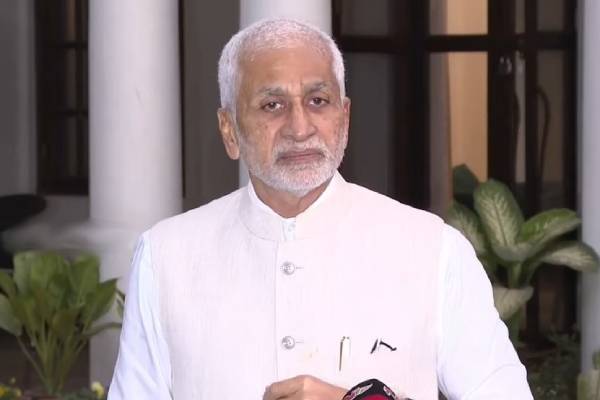Telangana’s Group 1 exam controversy has taken a new turn with the High Court cancelling the merit list and ordering a revaluation of the mains exam papers. This decision comes as a major relief to thousands of candidates who had been protesting for months, especially Telugu medium students who claimed their marks were unfairly low compared to English medium candidates.
The entire issue began after the results of the 2024 Group 1 Mains exam were released in March 2025. Soon, serious allegations arose from candidates that fact-based and analytical answers written in Telugu were scored much lower than similar answers written in English. Many accused the system of language discrimination. Petitions were filed in the High Court, and after thorough examination, the court ruled that the merit list be cancelled and revaluation of the papers be carried out. If revaluation is not possible, a fresh exam must be conducted.
This verdict is being seen as a clear slap on the face of the current Congress-led state government, which has failed to manage the entire process properly. Surprisingly, such a high-stakes exam was conducted under a cloud of doubt, especially when Telangana had not conducted Group 1 exams for 13 years until 2024. The notifications of 2022 and 2023 were already cancelled due to paper leaks and irregularities.
The government claimed everything was under control. But the reality tells a different story. Over 5.5 lakh candidates applied for 563 posts, and the Mains exam was conducted in 46 centres across Hyderabad, Rangareddy, and Medchal districts. Yet, instead of focusing on fair evaluation and transparency, the authorities seemed more interested in rushing the process.
The High Court’s order is a historic step toward justice. It reinforces that exams, especially for public service, must be transparent and fair to all. It stands as a reminder that the state government’s poor handling of the process has not gone unnoticed. In the end, this is not just a victory for Telugu medium candidates or Group 1 exam aspirants. It is a clear message to the government that shortcuts, favouritism, and mismanagement in such critical processes will face the weight of the law.
What remains now is for the government to act swiftly and conduct the revaluation or re-examination without further delay. The credibility of the entire recruitment process depends on it, and the hopes of thousands of job-seeking candidates hang in the balance.


































